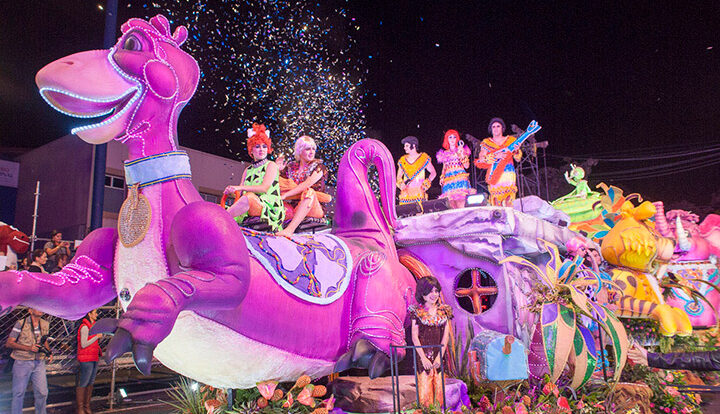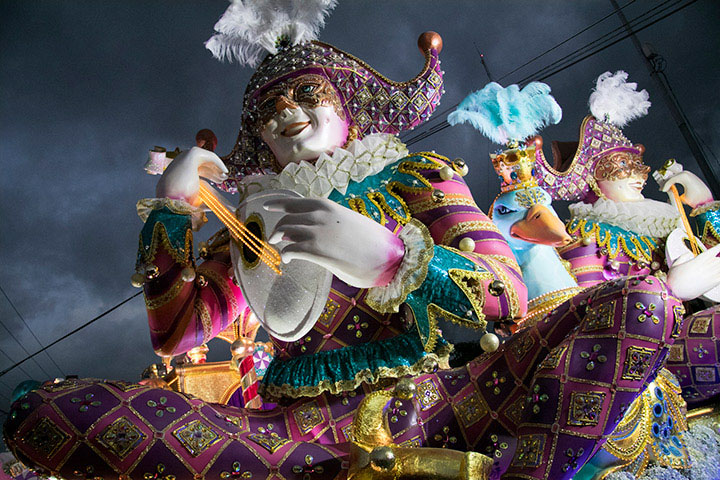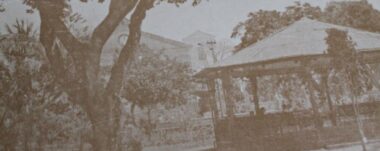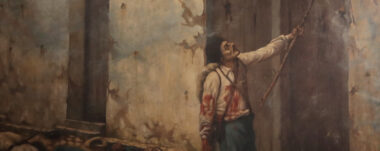The Light Festival: renovation, creation and diffusion.

The common definition used for the Light Festival is that it is a popular spectacle, which takes place in the city of San José, Costa Rica. In fact, it is expected as it officially marks the beginning of Christmas for the people of San Jose. It includes parades with carriages, masquerades, live music and fireworks.
The Light Festival: a simple popular festival?
In the first place, in the popular festival, the underclasses take part in the life of the people. The Festival of Light did not originate in the heart of a popular tradition, but is an ideological project, therefore, it tries to legitimize the actions of the power groups. It began in 1996, when the Municipality of San José organized the first parade of carriages and the best bands of the country, which passed through Paseo Colón and Segunda Avenue.
The difference between the characteristics of the popular festival and The Light Festival allows us to address the mechanisms of legitimization. In particular, the word of power and the characteristics of the official festival. Those who can express themselves within The Light Festival are a minority, compared to the popular festival, which gives voice to those who generally do not. Here, the carriages do not represent the essence of the average Costa Rican, on the contrary, they focus on the ideology of the different institutions.
Indeed, traditional popular festivals are a characteristic example of culture and, consequently, of cultural diversity. They constitute an event of mandatory look at the time, an integral vision as a catalyst of expressions of identity. Therefore, the festival is simply a popular celebration, a reflection of a past era and its traditional popular culture.

The cycle of renovation, creation and diffusion
One of the fundamental features of the world around us is that everything is constantly moving. Therefore, a Festival allows us to enter into the life of a community of individuals; to get to know their customs, experiences, emotions and their culture; to criticize social problems such as inequality, crime and unemployment. In this way, the objective is to guide the inhabitants towards social transformation through reflection. All this, around themes of great importance, such as responsible behavior, care for our cultural roots, the environment, sexuality and formal education.
In general, within the Festival de la Luz two powerful voices are heard: the State and commercial interests. They are voices that speak from power. Events and festivals contribute to municipalities entering specialized circuits, in which they compete with each other both to attract audiences and to obtain financing.
Finally, the Light Festival remains as a historical reference and as a model to take advantage of this type of cultural programming. An event that stands out for the spectacular nature of its artistic interventions. In other words, it maintains its commitment to innovation and its ability to take advantage of an important opportunity in terms of cultural management: transforming a deeply rooted tradition into a collective cultural product.
Zelda Walters for Sensorial Sunsets
Navigate articles




